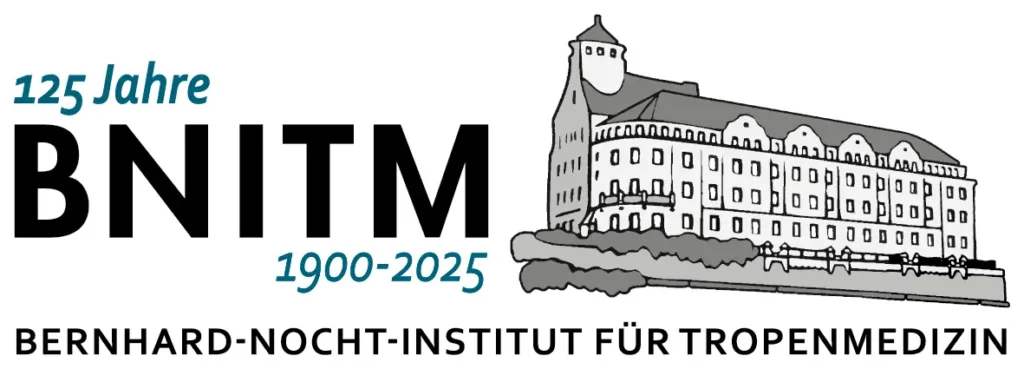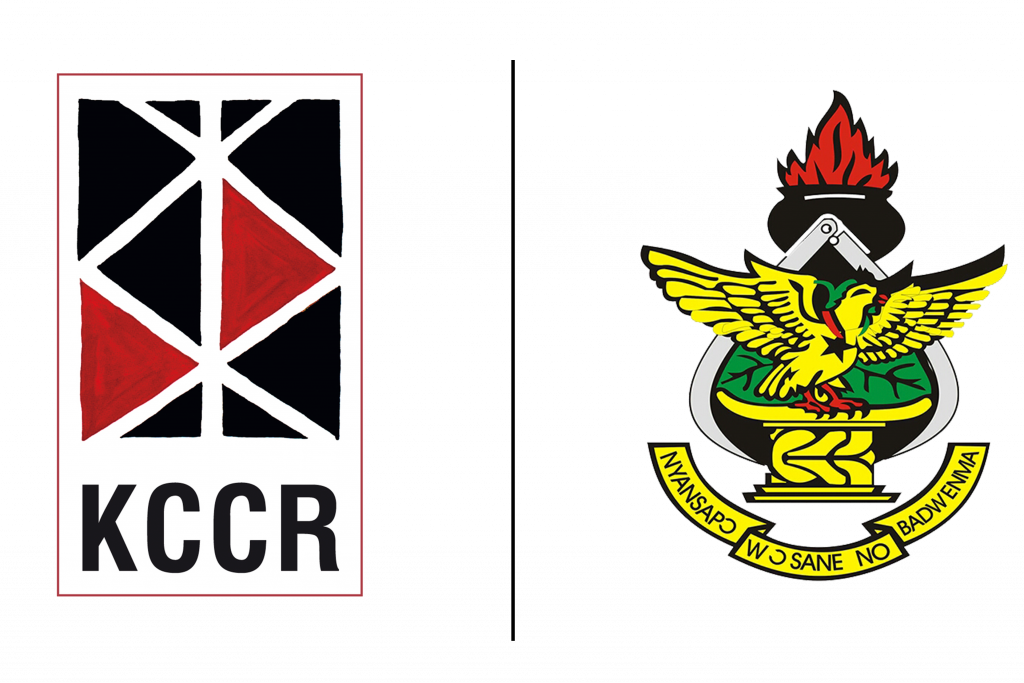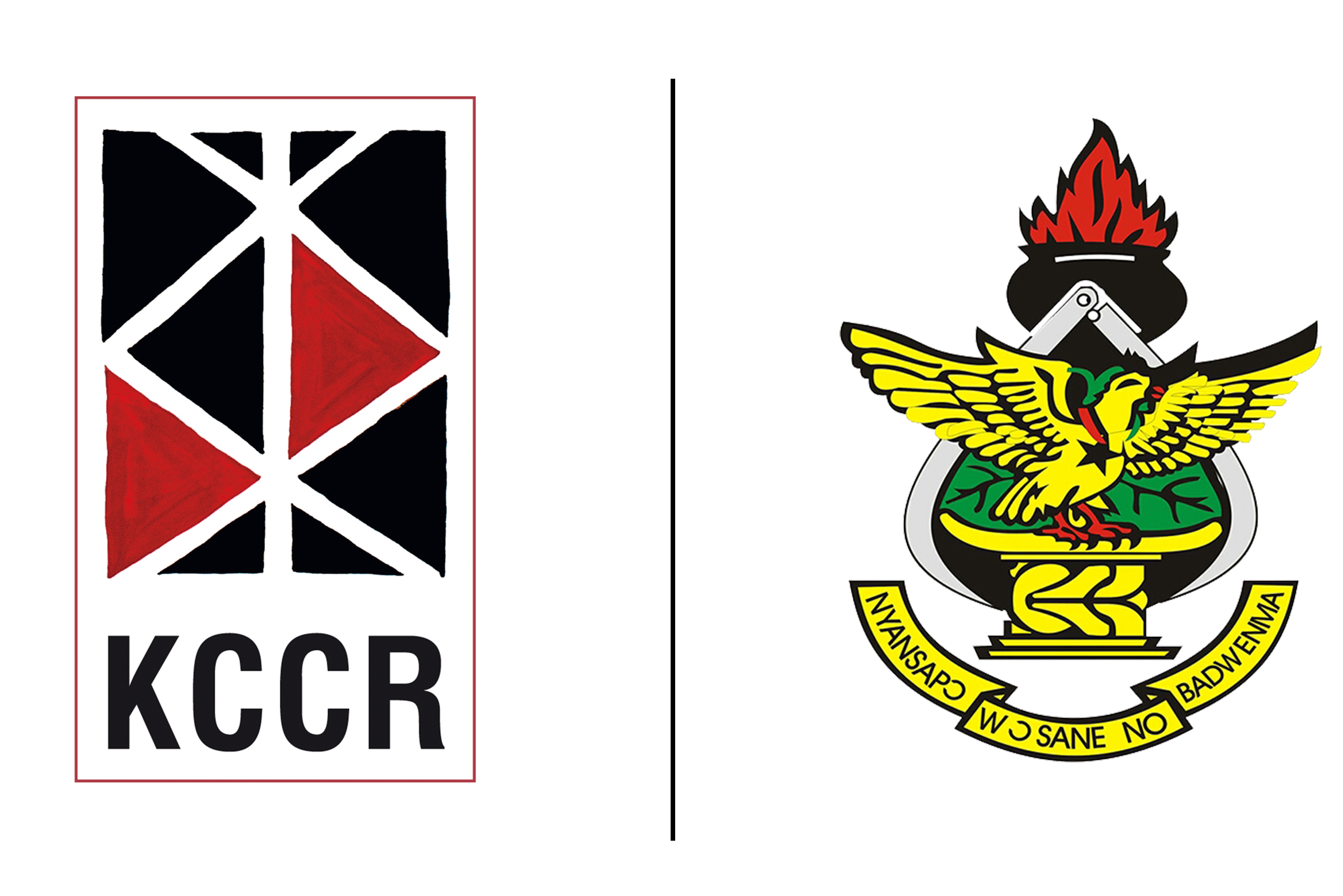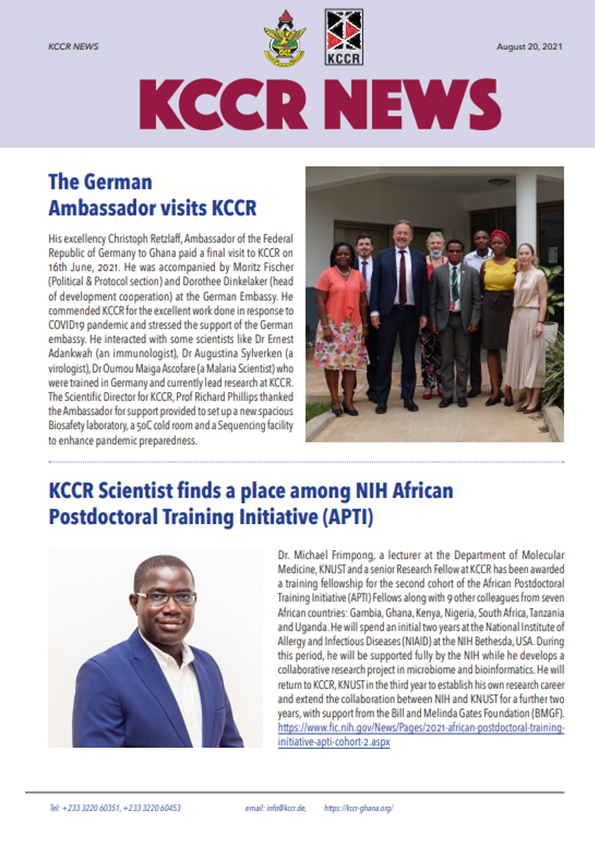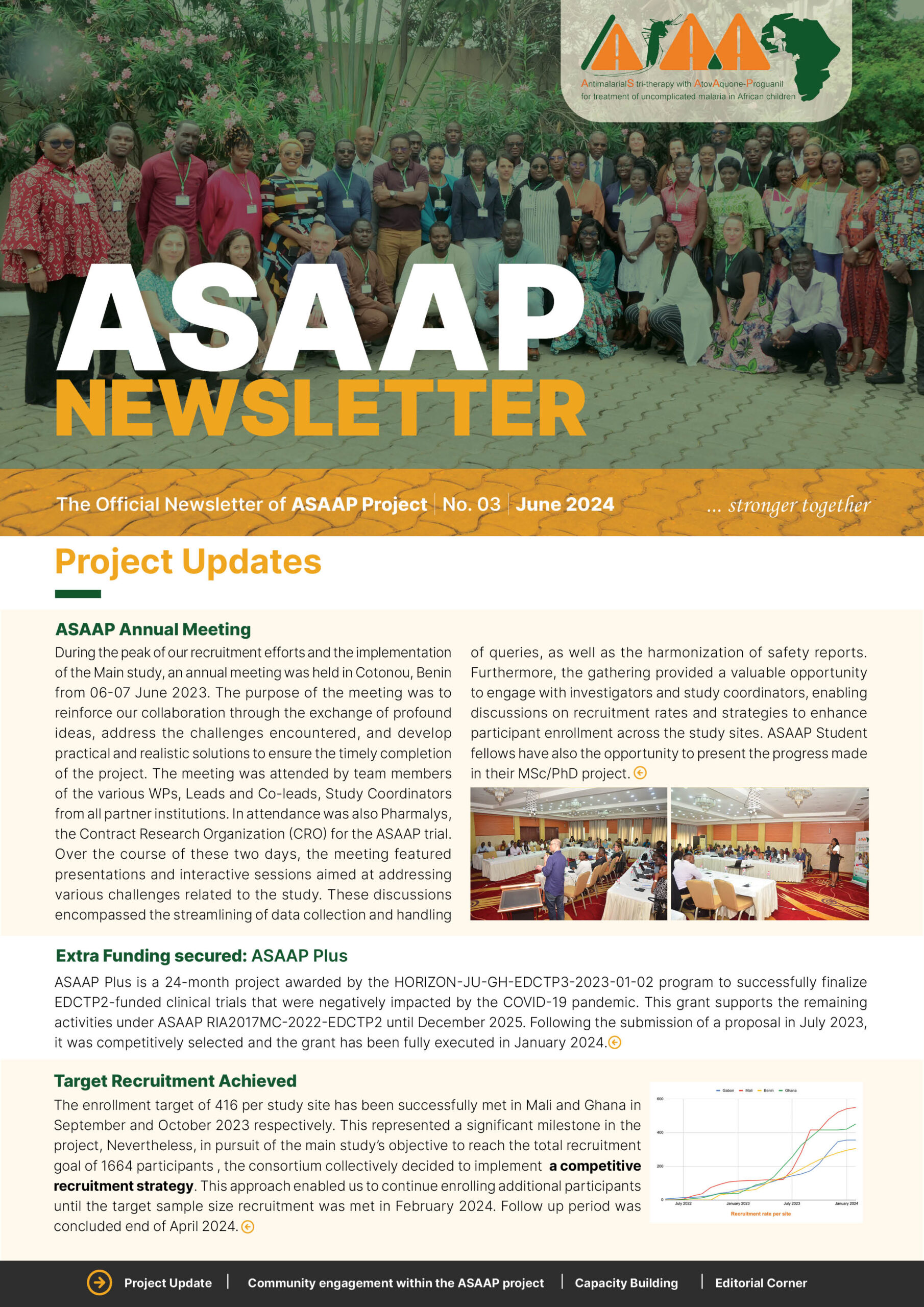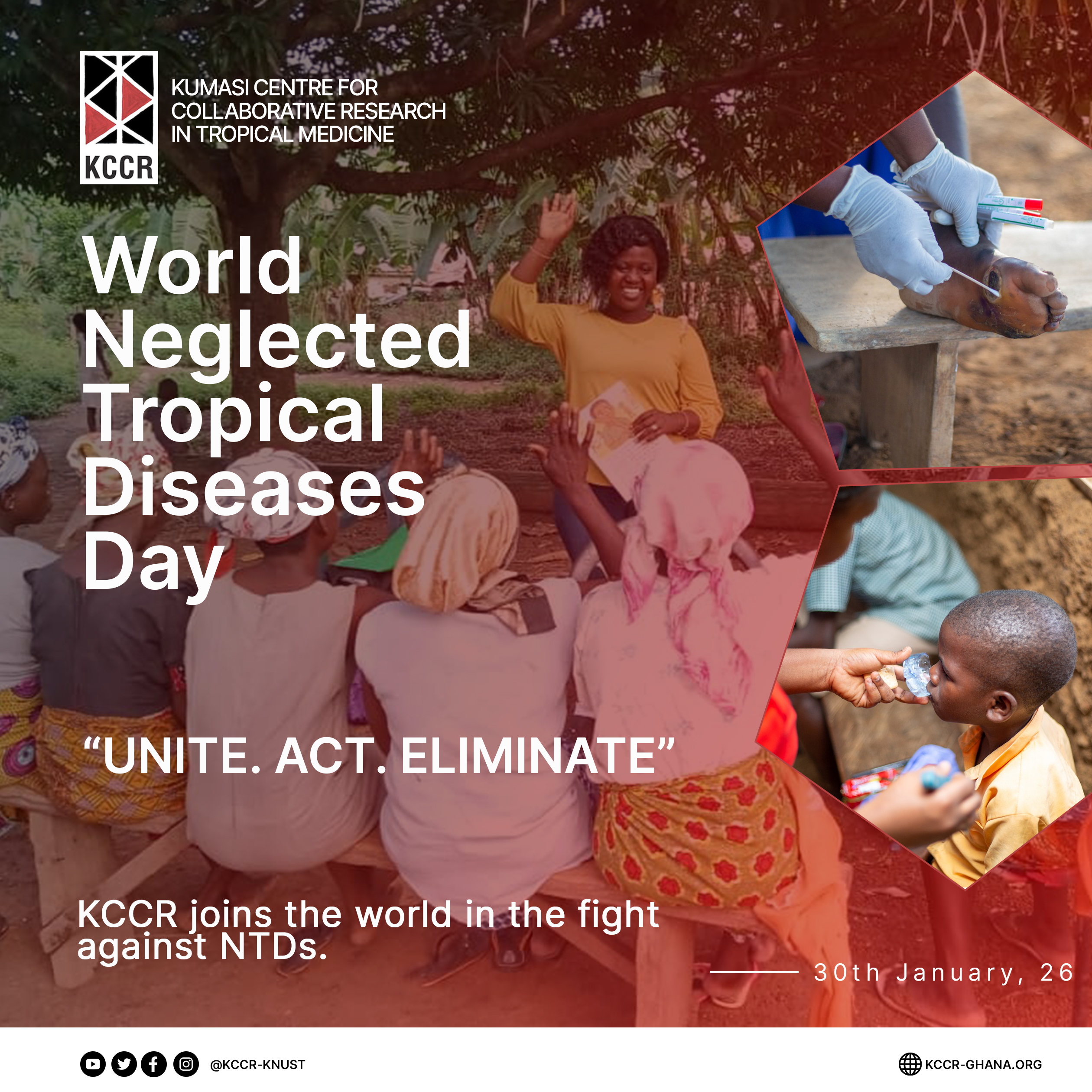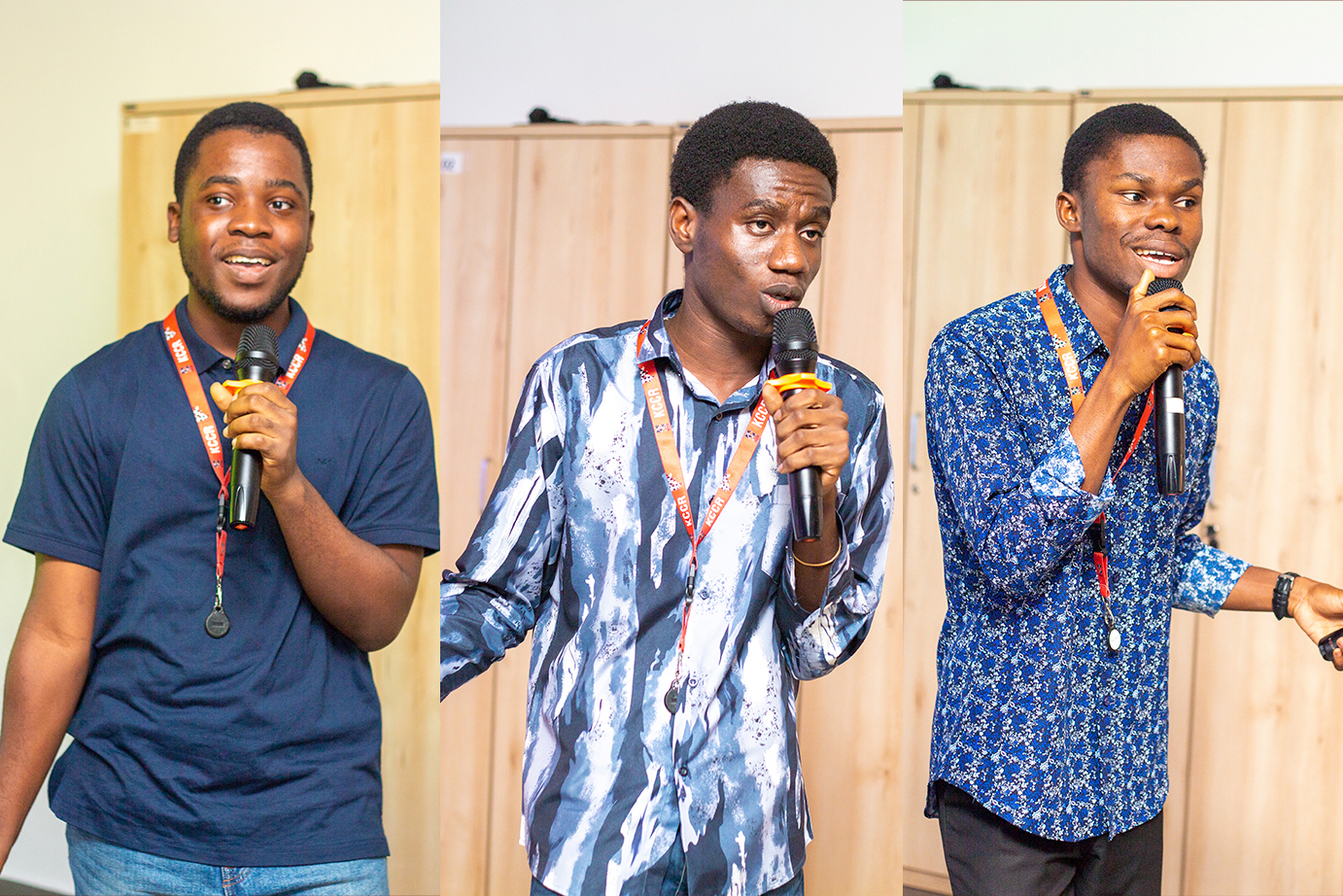The Bernhard Nocht Institute for Tropical Medicine (BNITM) is Germany’s largest institution for research, care and teaching in the field of tropical and emerging infectious diseases. BNITM research priorities have always been considered under the aspect of Global Health/One Health as well as under the aspect of translation – the transfer of basic research into application. This research approach is also reflected in the five sections of the Institute: Pathogen -> Interface (Immunology, Host/Pathogen) -> Patient (Clinic) -> Population (Epidemiology) -> Implementation (Successful Establishment of Knowledge).
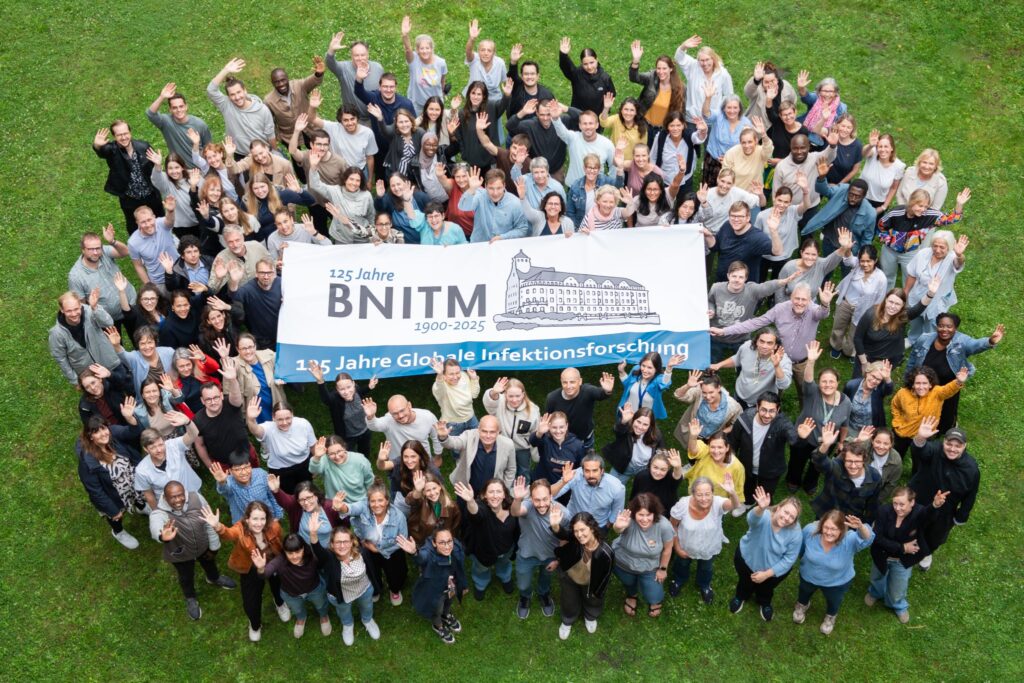
Current thematic focuses are malaria, haemorrhagic fever viruses, neglected tropical diseases (NTDs), immunology, epidemiology and the clinic of tropical infections as well as the mechanisms of transmission of viruses by mosquitoes. For the handling of highly pathogenic viruses and infected insects, the institute has laboratories of the highest biological safety level (BSL4) and a safety insectarium (BSL3). The BNITM’s mobile laboratories are ready for global outbreak control of highly pathogenic or highly infectious viruses.
The BNITM is the National Reference Centre for the Detection of All Tropical Infectious Agents, the Consultant Laboratory for Bornaviruses, the WHO Collaborating Centre for Arboviruses and Haemorrhagic Fever Viruses, the WHO Collaborating Centre for Behavioural Research for the Promotion of Global Health and an institute in the Leibniz Association.
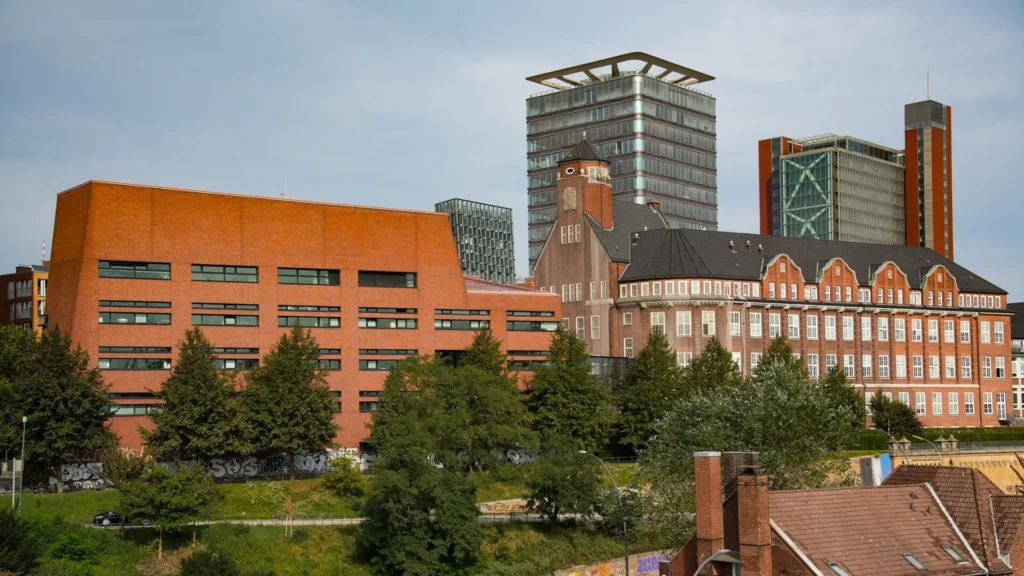
Together with the Ghanaian Ministry of Health and the University of Kumasi, the BNITM operates a modern research and training centre in the West African rainforest, which is also available to external working groups. In addition, the institute maintains numerous other collaborations in Africa, Asia and Latin America.
